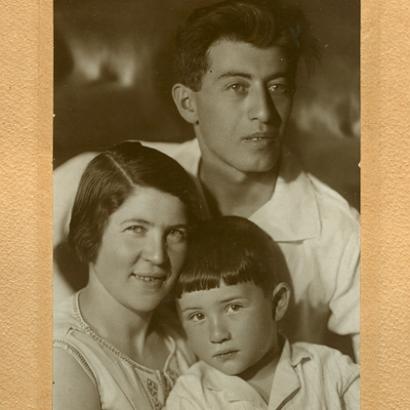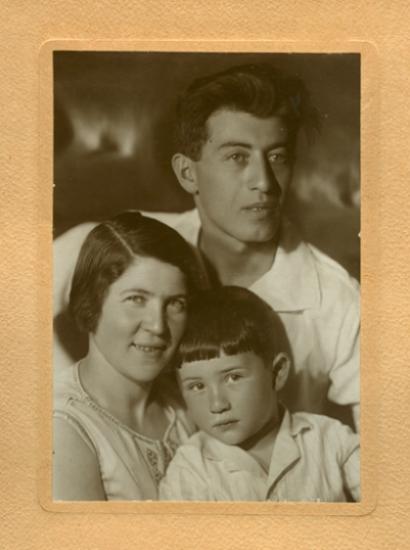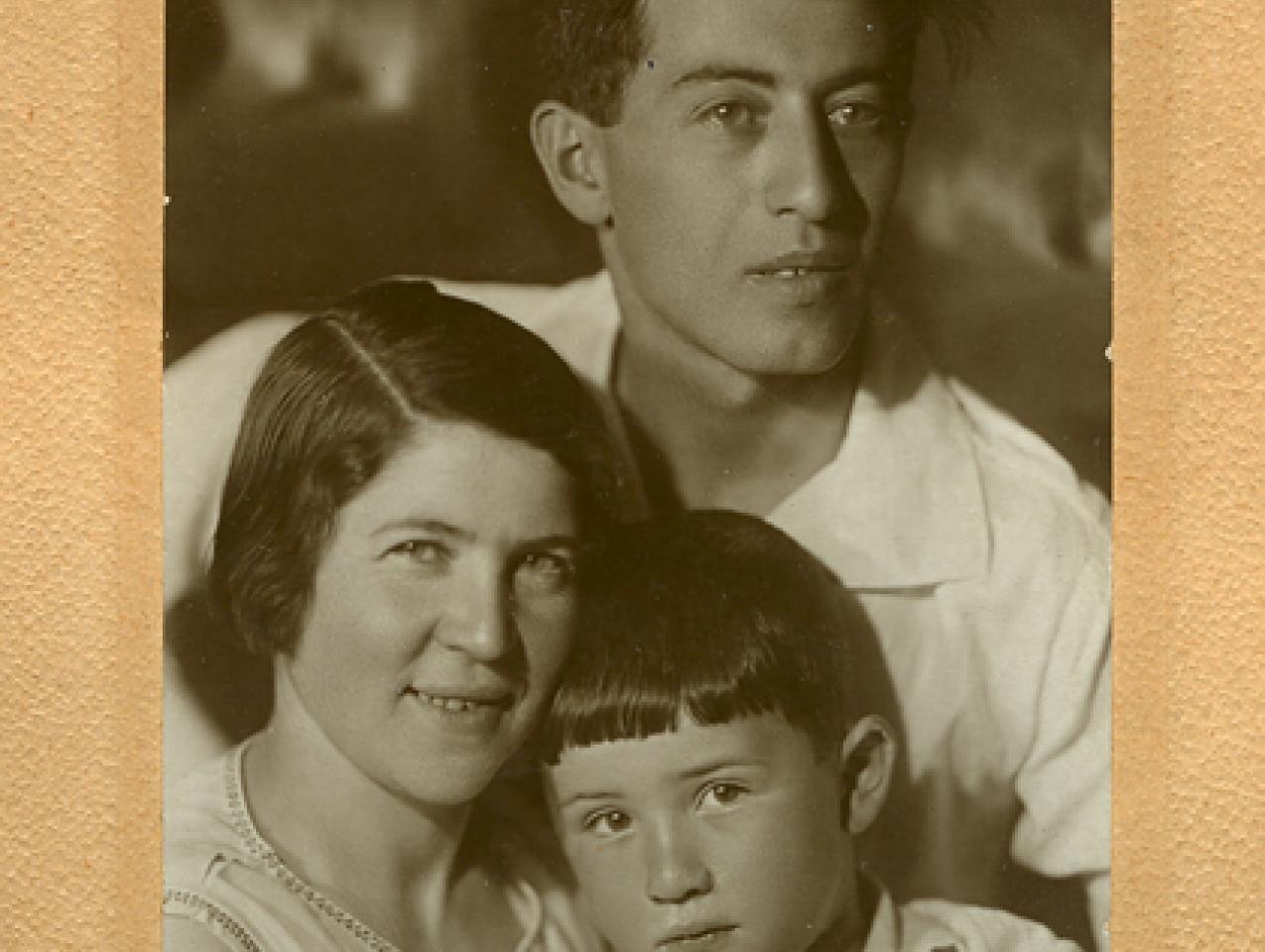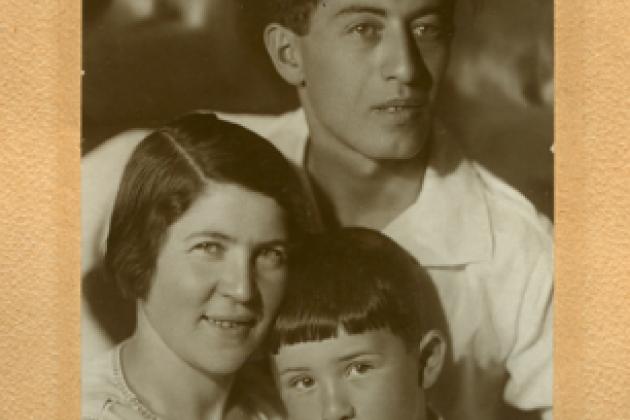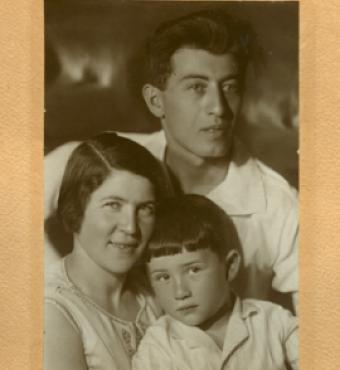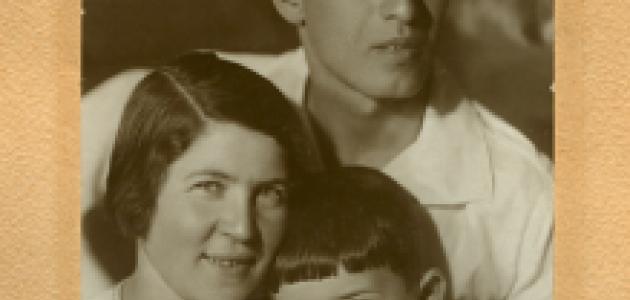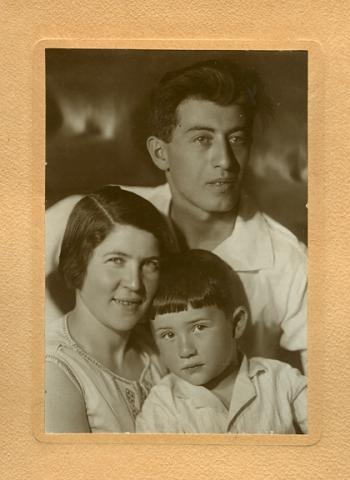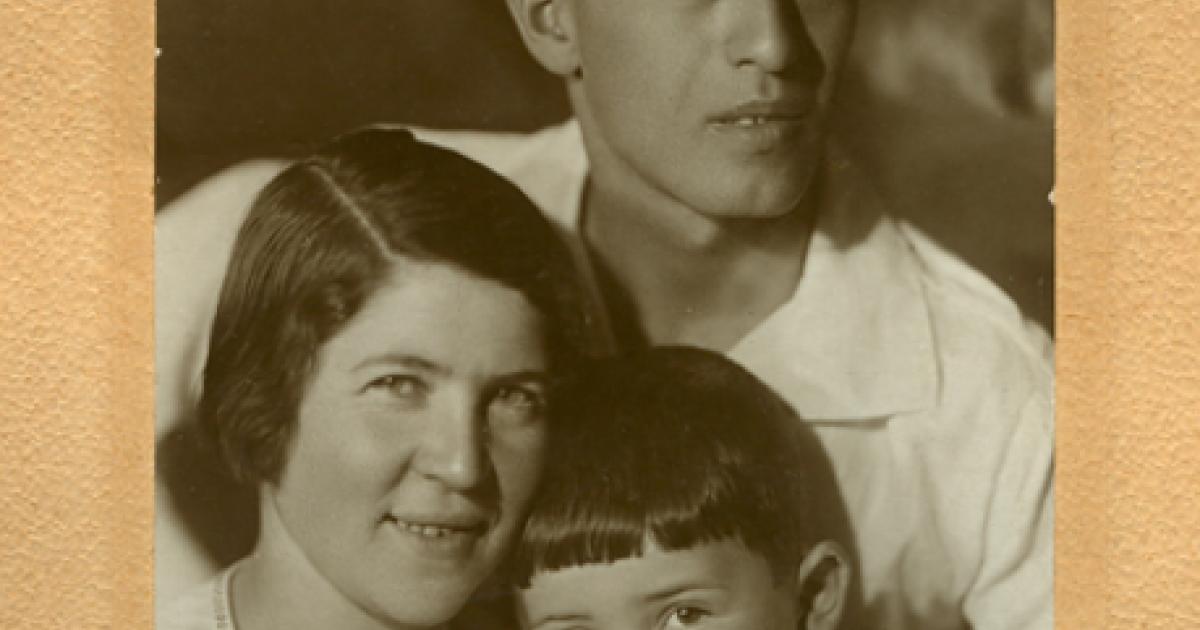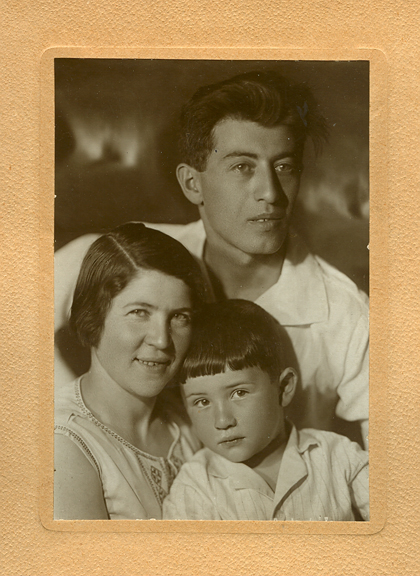
Ludwik Kowalski, a retired physics professor at Montclair State University in New Jersey, has an extraordinary biography. He was born in 1931 in Warsaw to a Jewish family. Shortly after his birth, his naively idealistic parents, deceived by Soviet propaganda, moved to the Soviet Union. In 1938, Ludwik’s father, an engineer, along with tens of thousands of Polish Communists and ethnic Poles, was arrested on false charges and sent to the GULAG. He died of exhaustion in the Kolyma gold mines at the age of thirty-six. Ludwik spent most of his childhood in Moscow, receiving a thoroughly Stalinist education; he and his mother returned to Poland a few months after the end of the war. He completed his secondary and university education in Warsaw, followed by graduate studies in France, from 1957 to 1962; he received a doctorate from the Institute of Nuclear Physics in Orsay. After a brief visit to Poland, the young scientist was invited to a scientific conference in the United States. That 1964 visit led to a research position at Columbia University and his immigration to the United States.
His father’s tragic fate had not shaken Kowalski’s blind faith in the Soviet system, and he became a dedicated young Communist while living in Poland. In secondary school in Poland, he began keeping a diary, in which he recorded his reactions to developments in his private life, with observations on major developments on the national and international scene. Kowalski continued to write his diary through much of his life, though his notes from the 1950s are most extensive and interesting as a source on Polish society, education and culture during the early years of the communist regime.
The diary also provides a record of the author’s gradual intellectual de-Sovietization and the search for his own identity. Kowalski’s reactions to the death of Stalin, the revelations of the Twentieth Congress of the Soviet Communist Party, the Hungarian revolution, and the Polish October 1956 are important landmarks in the young scholar’s personal liberation, a process that was very private and took decades to complete. As a university professor and a scientist, he concentrated on his teaching and research and did not reveal his complete political metamorphosis until he retired from academia in 2004. Since that time, he has written two books: Hell on Earth: Brutality and Violence under the Stalinist Regime (2008) and Tyranny to Freedom: Diary of a Former Stalinist (2009). Both books were published by Wasteland Press in Shelbyville, Kentucky.
The Ludwik Kowalski Papers available in the Hoover Institution Archives include the original notebook diaries (in Polish), hundreds of letters, and personal documents and photographs.




